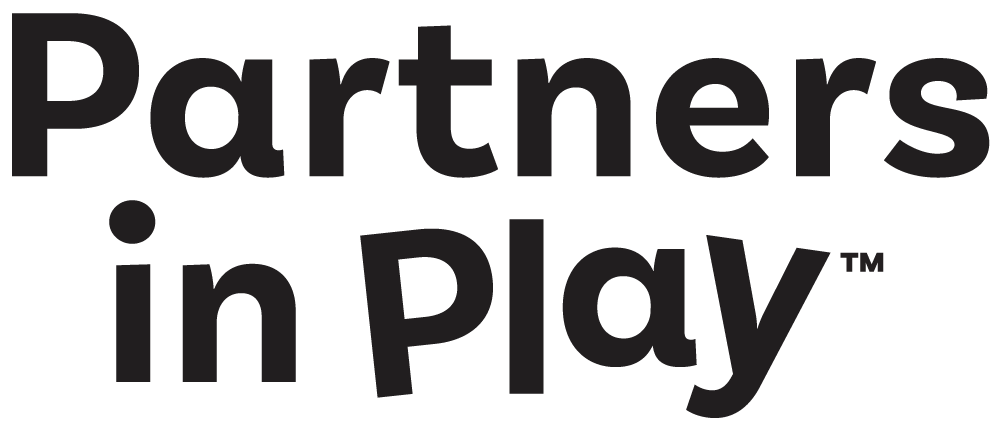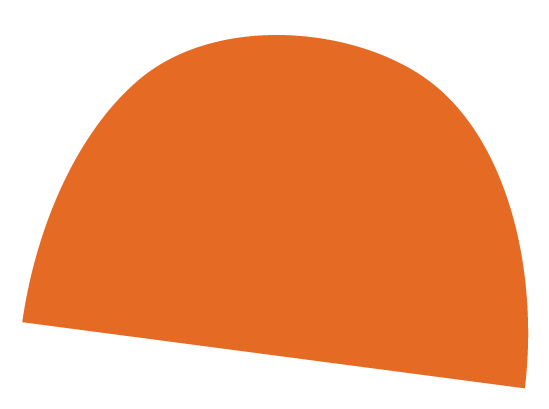Benefits of HATCHPlay
Students develop supportive learning communities with their peers.
Children will begin to see each other as teachers, exchanging strategies, observing problem solving and practicing negotiation. Playlab creates opportunities for children to learn authentically from each other, share language and connect culturally.
Students find their personal voice within that community.
When children have the freedom and time in a classroom to make decisions about how and with whom, they are validated by educators to dig deeper, honing their interests and return to the same materials to gain confidence and mastery.
Students develop and utilize literacy skills.
Children experiment and explore literacy skills that they are developing during more didactic parts of their day. We have observed list making, sign making, labeling, writing each other’s names, exploring beginning sounds, using writing in imaginative play, and gravitating toward literacy materials during play to hone these skills. Playlab journals offer a concrete opportunity to mark growth in literacy over time. Educators conference with children, captioning drawings and assisting with phonemic awareness. We document the development of grade-level and above Common Core literacy standards during play through our Play observation tool.
Students develop and utilize numeracy skills.
We have observed children exploring and experimenting with grade level and above numeracy skills using play materials including one to one correspondence, measurement, patterning, counting, addition and subtraction, and other key concepts and skills. We intend to document the development and utilization of grade-level and above Common Core math standards through our Play observation tool.
Students develop SEL skills.
Play provides an authentic, accessible opportunity to practice these skills and for educators to observe the skills in action, creating a feedback loop for the classroom community. We document and name SEL skills during play experiences through the Play Stories and newsletters.
Students grow their critical thinking skills and habits of mind.
During Playlab participants will reason, observe, connect, evaluate, generate new ideas, predict, experiment, problem solve, and persist. We have documented all of these skills being developed in the past year, and will continue to build upon these processes in the coming year.
Students develop a sense of ownership of their classroom and connection to school.
Children become adept with provided play materials, accessing them during Playlab and reordering the space after each session. They utilize new combinations and material interactions. They see themselves reflected visually in the classroom. Most importantly, they express motivation to participate in Playlab with their teachers and families, and look forward to that part of the daily routine.
“Participation in Hatch Partners in Play has contributed to an increased belief in the power of play or reinforced their already deeply held beliefs about the necessity of having play in the classroom. Those who see play as distinct from learning still expressed beliefs that play positively contributes to development and supports social learning and relationships. Thus, the Hatch Partners in Play experience has contributed to the teacher's commitment to making time for play in the classroom.”
Dr. Denisha Jones
Partners in Play Program Advisor and Director of the Art of Teaching at Sarah Lawrence College









